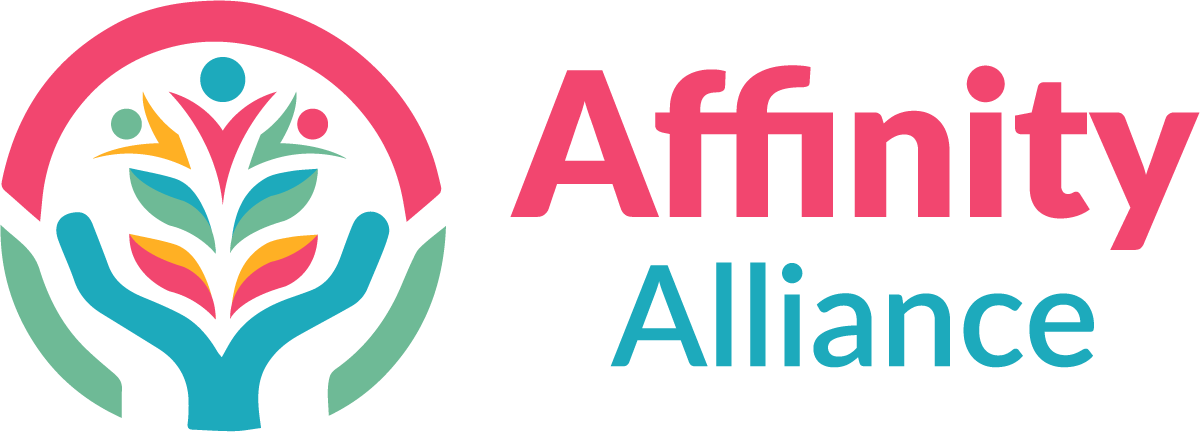Positive Behaviour Support


At Affinity Alliance, our goal is to empower you by developing personalised, evidence-based strategies that foster independence, enhance wellbeing and improve quality of life. We work closely with you and your supports to identify and meet a person’s support needs, particularly if someone is distressed and at risk of harming themselves or others.
Positive Behaviour Support (PBS) is a comprehensive approach to understanding and addressing challenging behaviours in individuals, particularly those with developmental disabilities or mental health issues. The primary goal of PBS is to improve the quality of life for individuals by reducing occurrence of harmful behaviors and promoting positive, and socially acceptable behaviours.
Key Components of Positive Behaviour Support:
Understanding Behaviour
Person-Centered Approach
Proactive Strategies
Teaching New Skills
Reinforcement of Positive Behaviors
Reduction & Elimination of Restrictive Practices
Ongoing Monitoring, Evaluation and Training
PBS is not a one-time intervention but an ongoing and dynamic process. The effectiveness of strategies is regularly evaluated, and adjustments are made as needed to ensure continued success and improvement in the individual’s behaviour and quality of life. Our practitioners provide regular and ongoing training for support teams.
